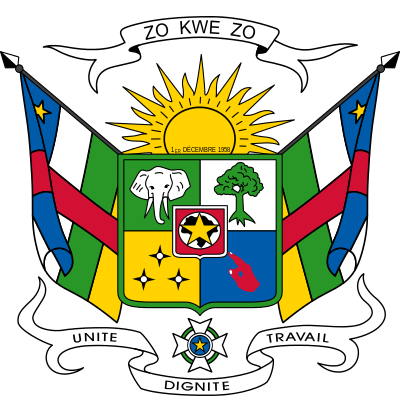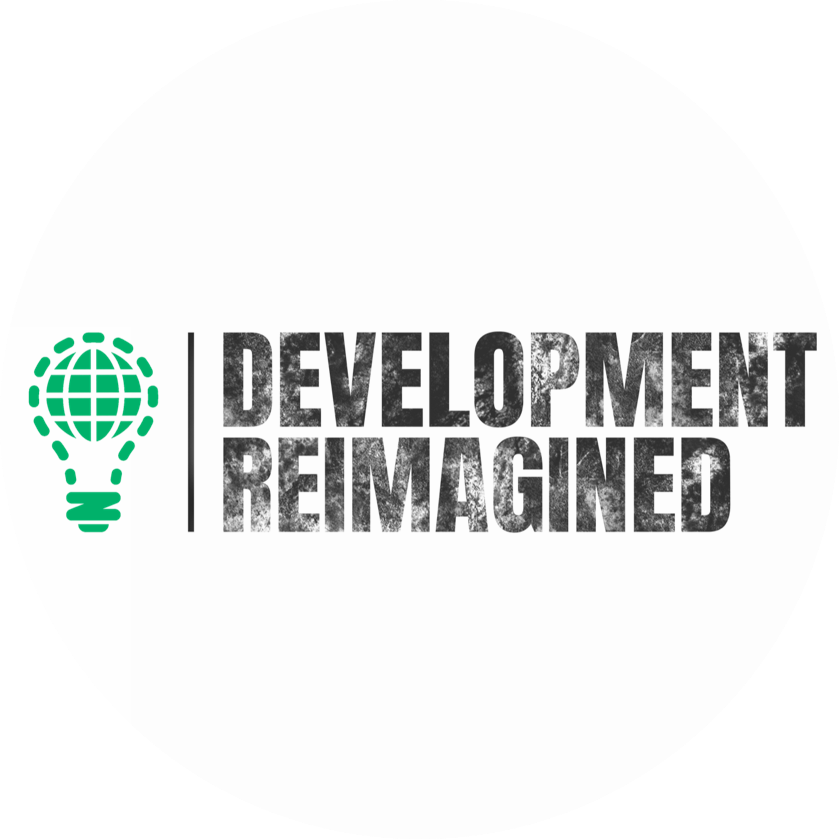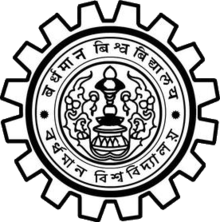National Population Commission Abuja, Nigeria
Description
Brief History
The National Population Commission had a long history spanning over four decades. The nucleus of the agency was the National Census Board which conducted the 1973 Census and headed by the late Justice Adetokunbo Ademola. It was an adhoc body and became the National Population Bureau after the exercise.
However, the Commission had existed in its present form as a permanent and autonomous body with constitutional power since 1981 when the Late Alhaji Abdulrahman Okene was inaugurated as Chairman with members drawn from 19 states of the federation by former President Shehu Shagari. The Commission never conducted a census.
Following the military takeover of 31st December 1983 and the suspension of the 1979 Constitution, the Commission was dissolved and it reverted to National Population Bureau headed by a Director.
The Commission was reconstituted in 1988 by the Military regime of former President Ibrahim Babangida under the Chairmanship of Alhaji Shehu Musa, Makaman Nupe and six members and backed by Decree No 43 of 1989. The Shehu Musa led Commission conducted the 1991 Population Census.
Following the return to civil rule in 1999, a new Commission under the Chairmanship of Chief Samu’ila Danko Makama was inaugurated in October 2001 with members drawn from all the states of the federation and the Federal Capital Territory in line with provisions of the 1999 Constitution.
The present Commission was inaugurated in June 2012 with 37 members and the Chairman, Chief Eze Festus Odimegwu whose resignation in October 2013 paved way for the emergence of the present Chairman, Eze Duruiheoma, SAN in February 2014.
Managing Nigeria’s Population
The National Policy on Population for Sustainable Development outlines a multi-sectoral strategy for the challenges posed by rapid population growth. The policy strives to inform all stakeholders about the linkage s between population and developmental issues like housing, health, education, agriculture, food, economy, energy, environment, transportation, security, employment, urbanization and so forth. This in effect means the effect of population on the well being and quality of life of all Nigerians. The policy states that “To achieve sustainable development and a higher quality of life for all people, Nigeria shall promote appropriate policies including population-related policies, to meet the needs of current generations, without compromising the ability of future generation to meet their own needs“.
Principles
The guiding principles of the National policy on Population for Sustainable Development are in accordance with the Constitution of the Federal Republic of Nigeria which provides the Nigerians are entitled to all rights, privileges and provisions that should enhance their full and equal participation in all national development efforts.
To this end, therefore, Government at all levels shall ensure that all individuals are given the opportunity to make the most of their potentials. Government shall thus recognize and support the special needs of the children, youth, women and men, including the elderly and the disabled.
- The Specific Goals
- To achieve sustained economic growth, poverty eradication, protection of the environment and provision of quality of social services.
- To achieve a balance between population growth rate and available resources.
- To improve the productive health of all Nigerians at every stage of the life cycle.
- To accelerate the response to HIV/AIDS epidemics and other related health issues.
- To achieve a balanced and integrated urban and rural development.
Achieving these will also support Nigeria ‘s achievement of the Sustainable Development Goals. Effective management of the National Population Programme is a national priority which demands the commitment, cooperation, collaboration and support of all the stakeholders, including the political and opinion leaders, policy makers in government and private sectors, Non- governmental and Civil Society groups, donor/development partners, community leaders and community-based organizations, traditional religious leaders, mass media and the general
Mission
To be the leading demographic agency in Africa, meeting the data needs of all end-users and ensuring a robust population quality for national transformation.
Vision
To become the population centre of excellence and most responsive public institution in Nigeria
SECTOR
Population
Country
Nigeria
SDG
01 - No Poverty, 02 - Zero Hunger, 03 - Good Health and Well-being, 04 - Quality Education, 05 - Gender Equality, 06 - Clean Water and Sanitation, 07 - Affordable and Clean Energy, 08 - Decent Work and Economic Growth, 09 - Industry, Innovation and Infrastructure, 10 - Reduced Inequalities, 11 - Sustainable Cities and Communities, 12 - Responsible Consumption and Production, 13 - Climate Action, 14 - Life Below Water, 15 - Life on Land, 16 - Peace and Justice Strong Institutions, 17 - Partnerships for the Goals
Organization Type
Government
Similar Organizations





